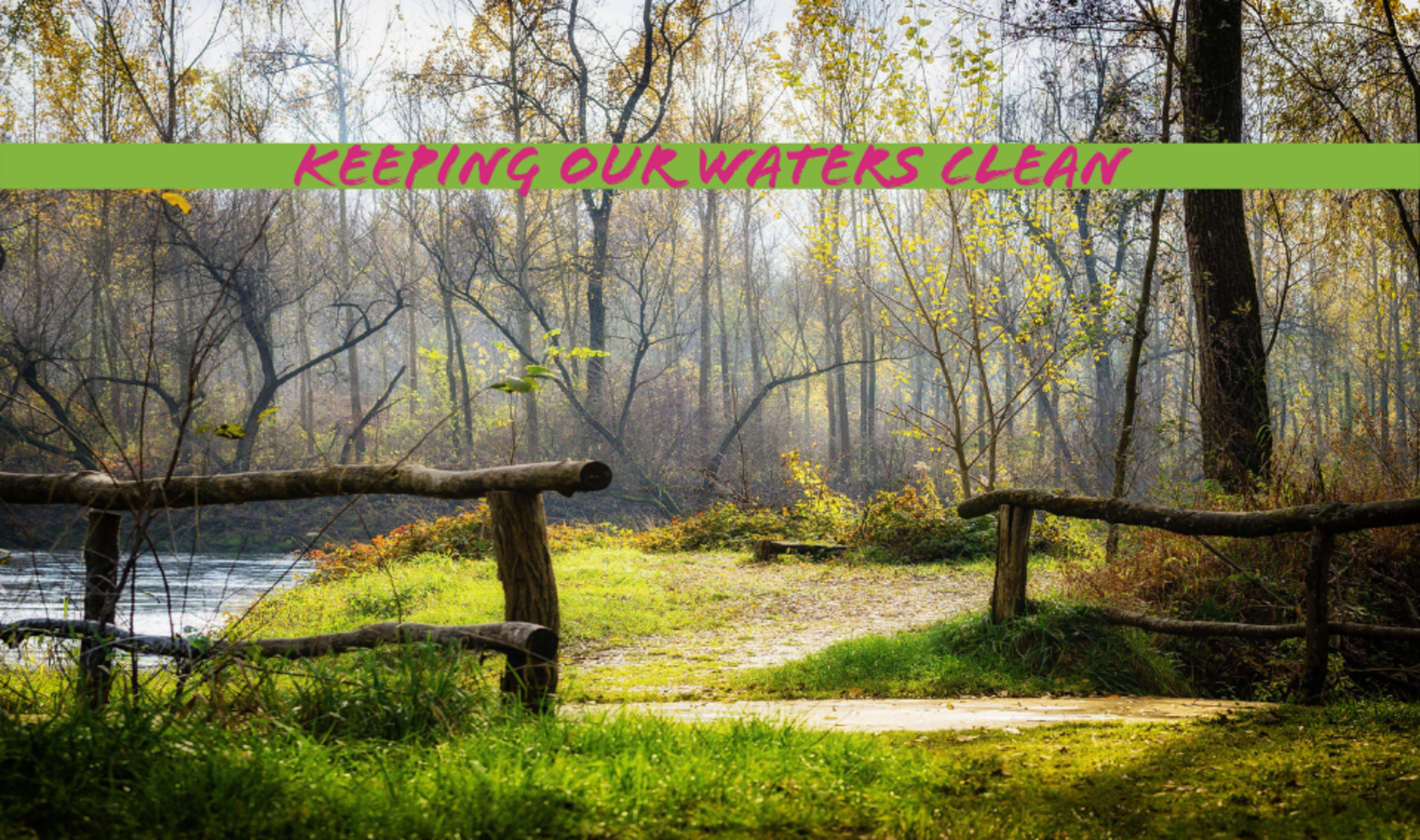
Ecological detergents and cleaning agents: good for our water & climate
How ecological detergents contribute to cleaner rivers:
Conventionally produced detergents, cleaning agents and cleansers pollute our environment. 200,000 tons of chemicals from detergents and cleaning agents that are released into the wastewater by private households in Germany alone per year are classified as toxic. Both domestic waters and oceans suffer from the heavy load of conventional ingredients that are often difficult to break down (such as preservatives, synthetic fragrances, enzymes, or chlorine bleach), because our sewage treatment plants cannot filter out or break down all the questionable ingredients. Thus, some ingredients remain in nature for years or decades (!).
This harms our water bodies and their inhabitants: under certain circumstances, even flora and fauna can die off due to the eutrophication of the water bodies.
In addition, conventional products cause considerable costs for the purification of our wastewater, as synthetic fragrances as well as foams can only be removed from the sewage water in labour-intensive processes.
In our organic detergents, we therefore consistently avoid substances that we classify as harmful to our waters. You will therefore find neither phosphonates, nor chlorine, preservatives, optical brighteners, antibacterial ingredients, anti-caking agents and synthetic fragrances.
To further reduce our impact on water bodies, all our wastewater is treated in our in-house neutralisation plant before being sent to the local sewage treatment plant.
AlmaWin: for clean waters on your doorstep
How our ecological detergents protect our oceans:
Did you know that many commercial detergents contain plastic compounds? Since these are mostly in liquid form (and not as clearly visible microplastics) we are often unaware that we are dumping tons of dissolved polymers (liquid plastic) into wastewater with conventional detergent. In 2019, the renown German consumer magazine Ökotest revealed just how widespread plastic is in detergents: microplastics or liquid plastic compounds were found in a whole 22 of the 26 heavy-duty detergents tested! Although these do not have a significant impact on washing performance, the plastic can accumulate in rivers, lakes and oceans as well as in drinking water and harm our environment for years.
At AlmaWin we have always avoided any form of plastic in our products. You have our word that we will continue to use neither microplastics nor liquid plastics.
AlmaWin: for less plastic in our oceans
How our ecological detergents protect our climate:
Many conventional detergents are produced on the basis of petroleum. But it is not only the transport of crude oil from the Middle East that is energy-intensive: the extraction and processing of crude oil at the well also releases considerable amounts of the extremely climate-damaging associated gases methane, propane, and butane. Since our founding in 1993, we have used only natural surfactants based on vegetable oils and sugar. By doing so, we hope that our detergents will have a smaller ecological footprint than conventional products.
We also take care to prevent unnecessary emissions during production. Since 2010, we have been producing with certified green electricity from renewable energies.
To ensure that not only your laundry is clean, but also our environment remains clean, we have also been consistently reducing emissions for years.
Climate protection at AlmaWin also includes innovative packaging. By producing our PE and PET bottle bodies as well as some lids from 100 percent recycled plastic, we save considerable amounts of new plastic and its main ingredient, petroleum. Our labels are made without mineral oil, and our new grass packaging, which is far less energy-intensive to produce than paper made from wood fibre, also reduce greenhouse gas emissions.
Also important: since we only sell concentrates, we get a lot of power in a small package. This saves a lot of resources and there are fewer emissions for transport and storage. All this greatly reduces our ecological footprint!
AlmaWin: a win for the climate!
